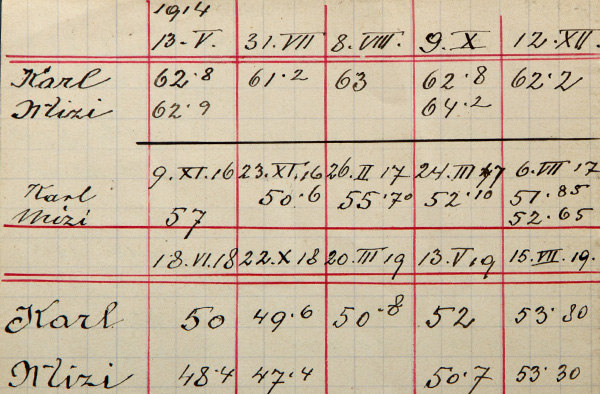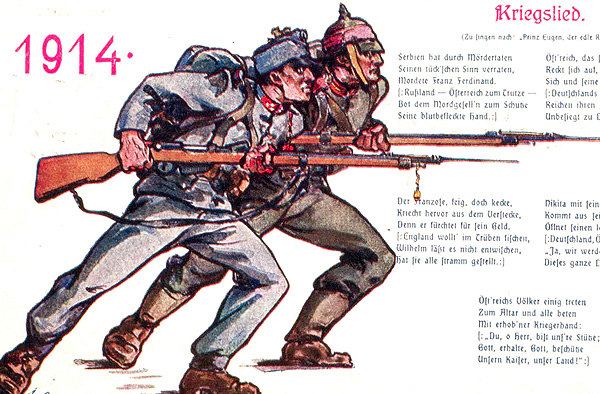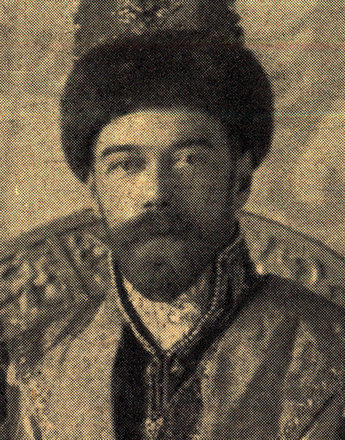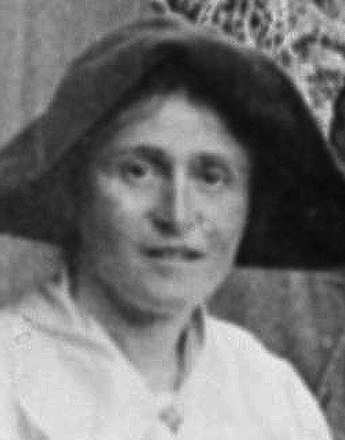Judith Fritz
The food emergency in the First World War as a key social problem
The visualisation of war: photography in the First World War
War of Words and Pictures: Propaganda in the First World War
In the First World War propaganda as a means of psychological warfare came to be exploited on an unprecedented scale. The fight for explanations, sympathy and legitimation was contested with striking images and emotionally exploitative words. Rabble-rousing messages radicalised the arguments, exposed hostilities and made an alternative to war seem unacceptable.
“How I carried out a night raid on London with my Zeppelin” - Children and Teenagers in the First World War
Aleksei Alexeevich Brussilov
Aleksei Alexeevich Brusilov was a general of the Russian Army and in 1916 assumed supreme command over the South West Front. He gave his name to the Brusilov offensive, which he led and which marked Russia's greatest military success in the First World War.
Alexander (Sascha) Kolowrat-Krakowsky
The film pioneer Alexander Kolowrat-Krakowsky was appointed director of the Film Office in the War Press Headquarters in 1915. As a result, his company, “Sascha Filmfabrik”, founded in 1910, became the central film production unit in Austria Hungary.
Raymond Poincaré
As French Prime Minister during the First World War, Raymond Poincaré advocated the continuation of the war until the Entente was victorious. He moulded the policy of the “Union sacrée”, the suspension of internal political disputes, in order to strengthen France's position in the First World War.
Nikolaus II
In November 1894, Nicholas II, aged only 26, acceded to the throne and reigned as the last Russian Tsar. In the second year of the war, Nicholas II himself assumed supreme command over the armed forces until he was forced to abdicate as a consequence of the February Revolution in 1917.
Alice Schalek
The journalist and photographer Alice Schalek was the only female war reporter of the Austro-Hungarian War Press Headquarters during the First World War. She wrote patriotic reports about the Serbia campaign and the Isonzo front.










